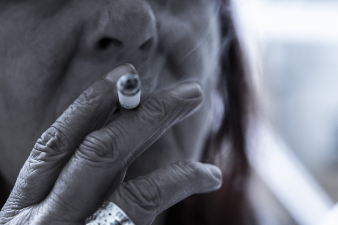More

Discover the purple sand wonders of Canada's Candle Lake
Imagine a leisurely stroll on a shimmering purple beach, surrounded by tranquil lakes and lush forests. This is not just a fairy tale, but a real dreamland in Canada's Candle Lake Park. This mysterious and enchanting purple beach is quietly waiting for the footsteps of explorers.

Beginner's guide to exercise
For those who are new to the fitness field, it is important to develop a personalized fitness plan, whether it is for New Year's resolutions or personal health concerns. This plan should take into account the individual's physical condition, fitness goals, and daily schedule. Whether it's for self-improvement or as prescribed by a doctor, being physically active is an important step in improving your mental and physical health. Importantly, exercise does not have to be lengthy or cause excessive fatigue, and any form of physical activity, from favorite sports to strength training at the gym, can be considered effective.

10 Hotel tips to make your trip more perfect
When we are traveling, on business or visiting family, hotels often become our temporary homes. A warm and comfortable accommodation will not only enrich our trip, but also help us to maintain a happy mood and good condition. Here are some practical lodging habits designed to make your trip more comfortable and enjoyable.

How to reduce your food budget: A Practical Guide
In meeting the challenge of rising food costs, American families can adopt a number of strategies to effectively reduce their food budgets while maintaining food quality and health standards. Here are some well-thought-out ways to help families reduce their average monthly spending on food without sacrificing the quality of their meals.

Vietnamese coffee: A blend of history and culture
Vietnamese coffee is not only a simple drink, but also a cultural symbol that reflects the history and social development of Vietnam. From the French colonial period to modern times, Vietnamese coffee has undergone a unique evolution. This article will give you an insight into the history of Vietnamese coffee, the types of coffee, how it is made and the different styles of coffee.

The Way to Live Longer: Six Health strategies to help you live longer
Scientific research shows that ensuring adequate sleep, building social connections, maintaining a balanced diet, exercising regularly, quitting smoking and limiting alcohol, and maintaining a positive attitude can effectively extend lifespan and improve quality of life. This article will detail these six health strategies to help you achieve longevity.



